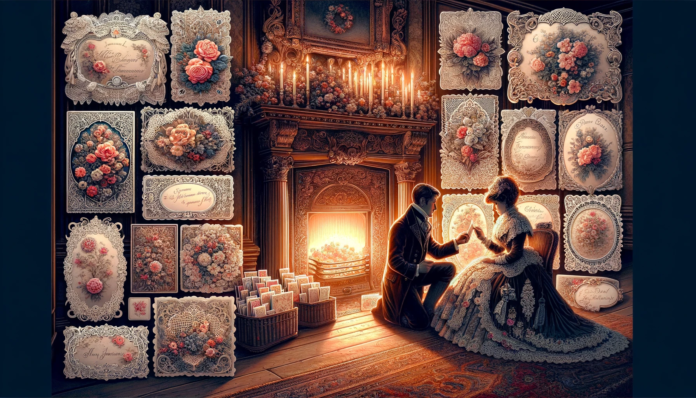The History of Valentine’s Day: From Ancient Rituals to Modern Love
Valentine’s Day celebrated on February 14th, is synonymous with love, romance, and heartfelt gestures. But how did this day dedicated to affection come to be? Let’s explore its fascinating history, from ancient roots to contemporary traditions.
Ancient Beginnings: The Roman Festival of Lupercalia
The origins of Valentine’s Day can be traced back to the Roman festival of Lupercalia, celebrated in mid-February. This pagan event was a fertility festival dedicated to Faunus, the Roman god of agriculture, as well as to Romulus and Remus, the founders of Rome. Rituals included the sacrifice of a goat and a dog, followed by a feast. Young men would then use strips of goat hide to gently whip women, believing it would ensure fertility.
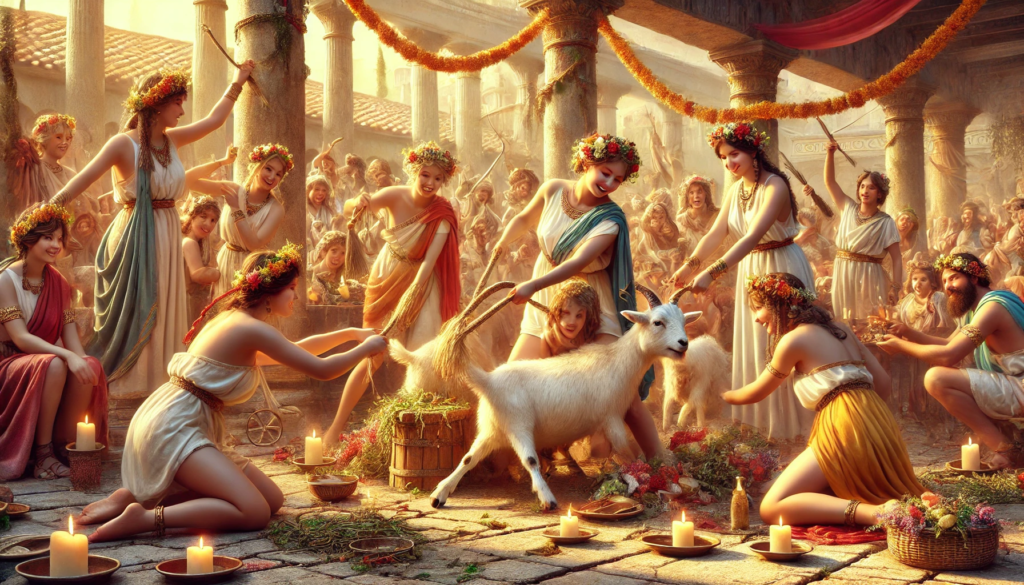
The Christian Connection: Saint Valentine
By the 3rd century AD, Lupercalia began to wane with the rise of Christianity. Saint Valentine, a priest in Rome, is said to have defied Emperor Claudius II’s decree that soldiers remain single. Valentine secretly married young couples, leading to his arrest and execution on February 14th. This act of sacrifice and devotion linked his name to love and romance.
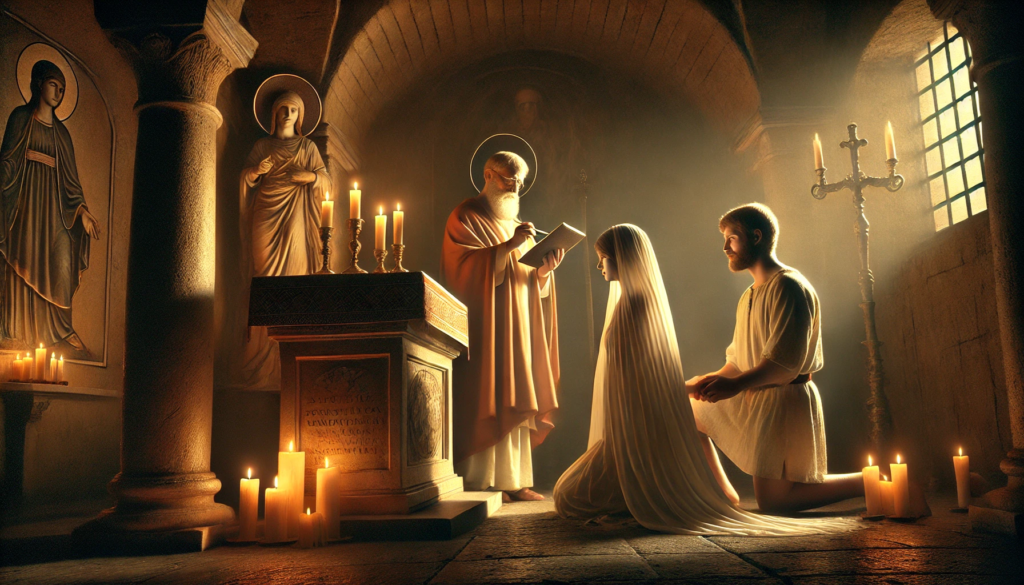
Medieval Romanticism: Courtly Love and Chaucer’s Influence
By the Middle Ages, February 14th was associated with love due to the belief that birds began their mating season on this day. Geoffrey Chaucer, the English poet, further cemented the link in his 14th-century poem Parliament of Foules, which references St. Valentine’s Day as a time for lovebirds to choose their mates.
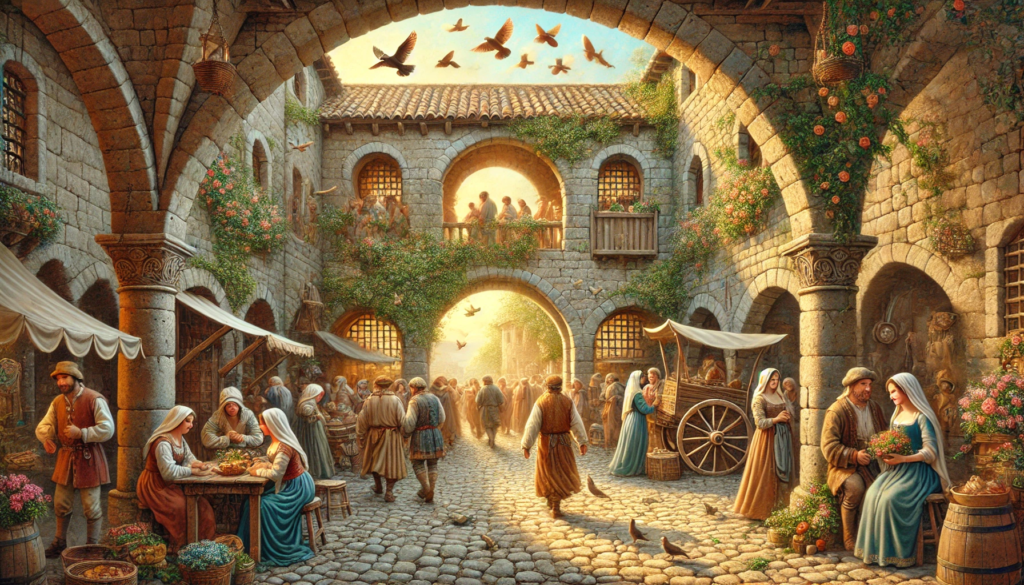
Victorian Era: Cards and Commercialization
In the 19th century, Valentine’s Day gained popularity in England and America with the exchange of cards, often adorned with lace, ribbons, and Cupid motifs. The mass production of Valentine cards in the mid-1800s turned the holiday into a commercial event.
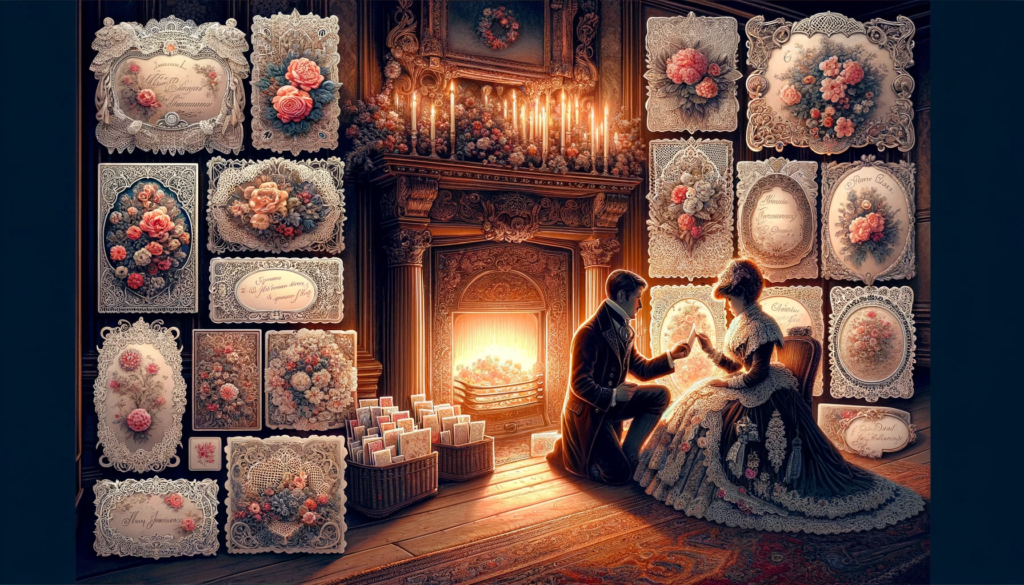
Modern-Day Celebration: A Global Expression of Love
Today, Valentine’s Day is celebrated worldwide, with couples exchanging gifts such as chocolates, flowers, and jewelry. The day has also evolved to include expressions of love among friends and family. In some countries, like Japan, women give chocolates to men, while in South Korea, singles celebrate by eating black noodles on April 14th.
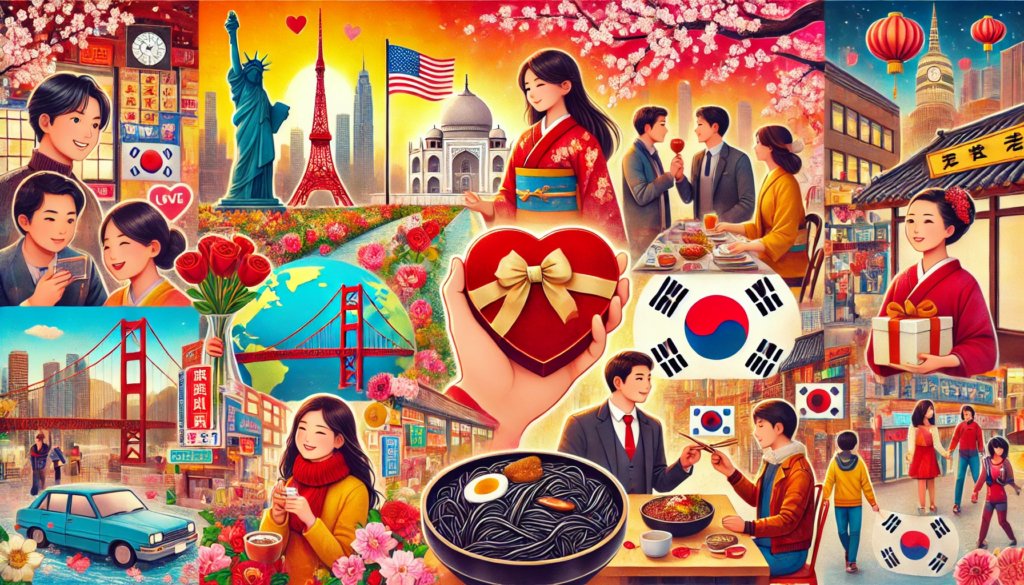
Beyond Romance: Self-Love and Inclusivity
In recent years, Valentine’s Day has embraced broader meanings, encouraging self-love and appreciation for all types of relationships. This inclusivity reflects the evolving nature of love in the modern world.
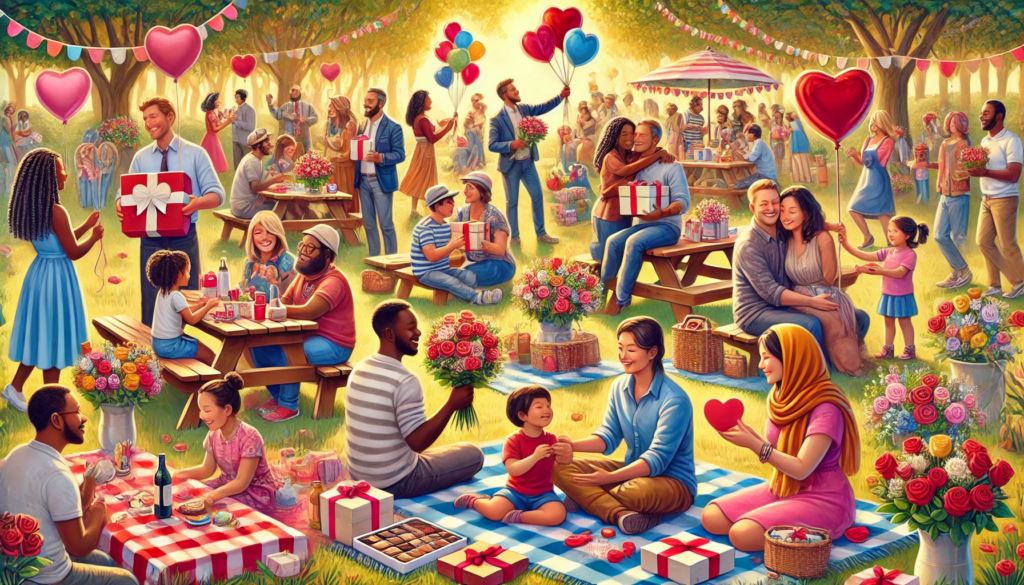
Conclusion
From ancient rituals to a celebration of romantic, platonic, and self-love, Valentine’s Day has a rich history that continues to evolve. As we celebrate, it’s worth remembering its journey through time and the enduring power of love in all its forms.

